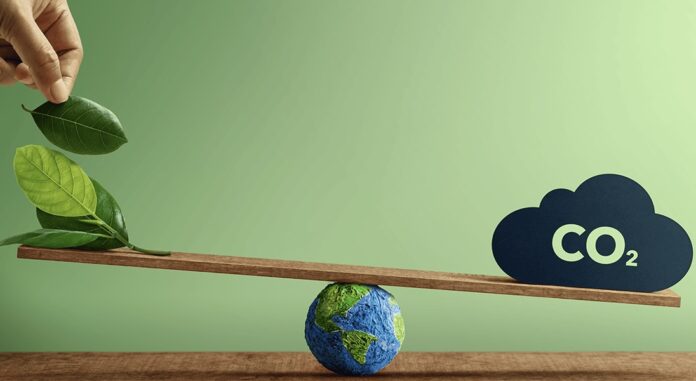By:Staff Writer
September 15, Colombo (LNW):Sri Lanka is making decisive strides in building a skilled workforce of industrial energy managers, a cornerstone for cutting greenhouse gas emissions and driving energy efficiency in its industries. The spotlight fell on this effort at the Energy Management Systems (EnMS) Forum 2025, held on 29 August, where more than 200 industry leaders, government officials, and international representatives gathered to chart the next phase of Sri Lanka’s low-carbon industrial journey.
The forum was hosted by the EU-funded Accelerating Industries Climate Response in Sri Lanka (AICRSL) project, implemented by the United Nations Industrial Development Organisation (UNIDO). It marked three years of training and capacity building in EnMS, focusing on embedding energy management into long-term industrial practices.
Energy Minister Eng. Kumara Jayakody underscored the urgency of the initiative. “As Sri Lanka’s economy grows, its emission budget rises alongside it,” he warned. “Meeting climate goals requires widespread energy efficiency across the industrial sector. This programme is not only reducing emissions but also strengthening energy security and economic resilience.”
Since its launch in 2023, the project has trained more than 500 industry and government professionals, including over 100 women, equipping them with expertise in energy management, system optimisation, and sustainable operations. The training, aligned with ISO 50001 standards, provides participants with technical knowledge and tailored support to implement real-world energy savings.
The results are already tangible. Participating industries have collectively reduced 12,832 tons of CO₂ equivalent emissions and achieved an estimated 29 GWh in annual energy savings. Four industry case studies showcased at the forum demonstrated how companies are cutting costs, reducing carbon footprints, and even opening new export opportunities through enhanced energy performance.
Highlighting the international dimension, Dr. Johann Hesse, Head of Cooperation at the EU Delegation to Sri Lanka and Maldives, said: “By building the capacity of Sri Lankan industries to engage in energy efficiency, we are fostering strategic partnerships that go beyond borders. Sri Lanka is being equipped with the skills and technologies needed to position itself as a global leader in sustainability and resilience.”
The event also featured a certification ceremony for the latest batch of EnMS trainees, who join two previous cohorts to form a growing nationwide network of energy managers. UNIDO Representative Dr. Cristiano Pasini emphasized the importance of this network: “These professionals will sustain energy efficiency efforts long after the project ends.”
As the AICRSL project enters its final phase, focus is shifting from training to institutionalisation. The Sri Lanka Sustainable Energy Authority announced new plans to strengthen the policy and regulatory environment for energy management. Linking trained managers with the Sri Lanka Energy Managers Association (SLEMA) will ensure knowledge sharing, ongoing professional development, and long-term momentum.
The AICRSL project, worth Rs. 2.8 billion (€7.56 million), is designed to help Sri Lanka’s industrial sector cut greenhouse gas emissions by 7% by 2030. Beyond training, it supports policy reforms, measurement and verification of emissions, and increased investment in renewables and low-carbon technologies.
By aligning industrial efficiency with global climate goals, Sri Lanka is building not just a cadre of skilled professionals, but a resilient, low-carbon economy ready to compete on the global stage.
